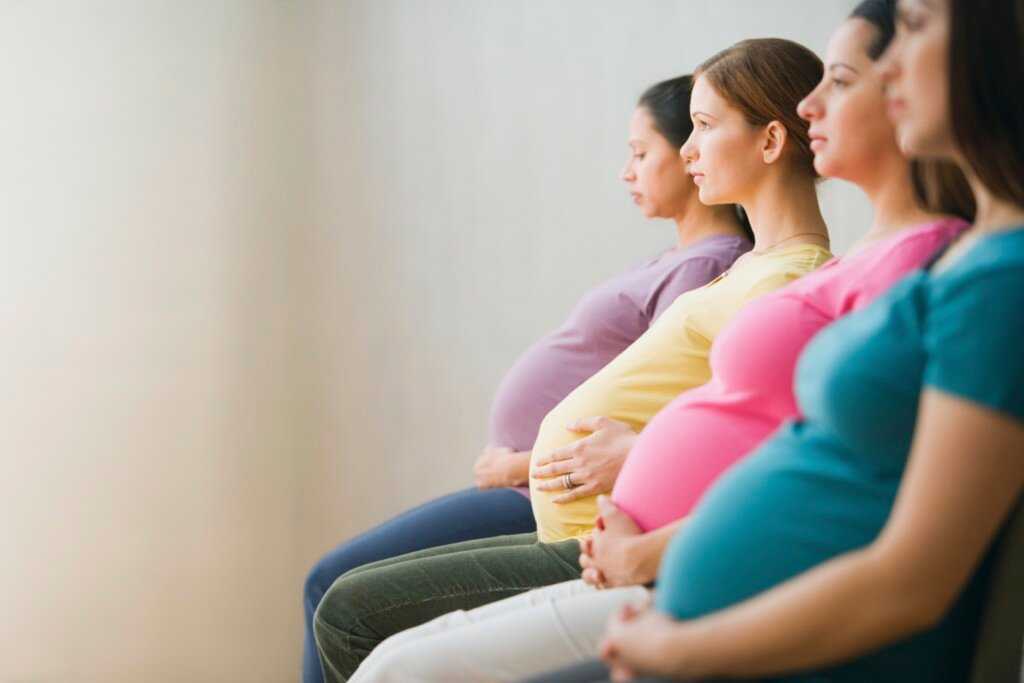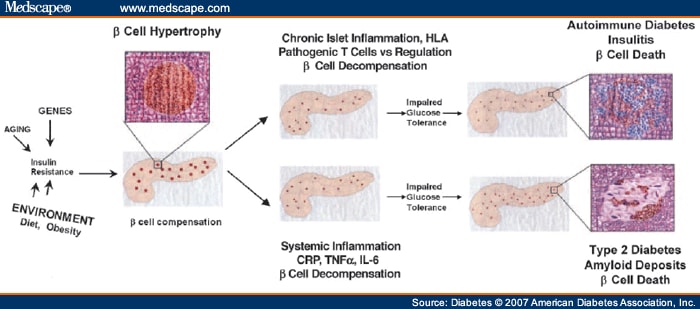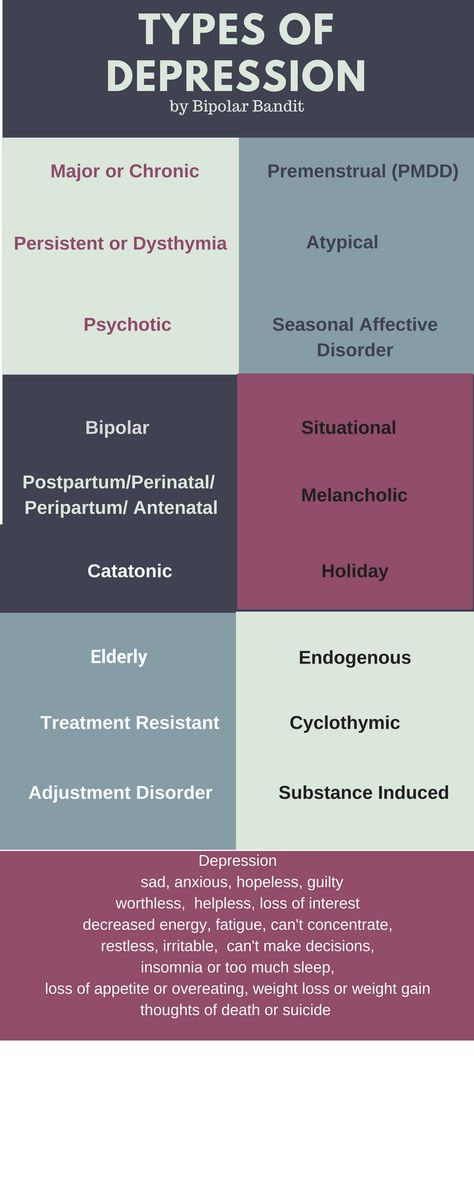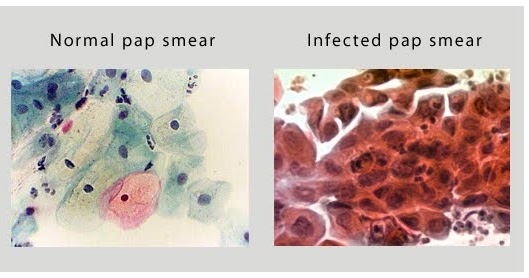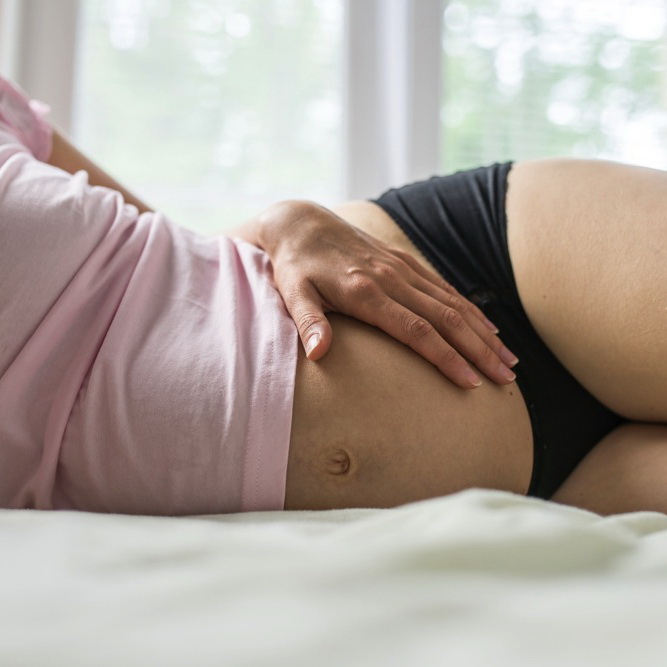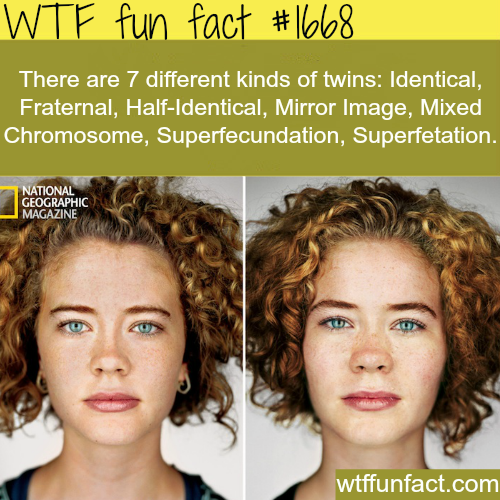Fertility after birth
Sex and contraception after birth
There are no rules about when to start having sex again after you have given birth.
You'll probably feel sore as well as tired after your baby is born, so don't rush into it.
If sex hurts, it won't be pleasurable. You may want to use a personal lubricant, available from pharmacies, to begin with.
Hormonal changes after birth can make your vagina feel drier than usual.
You may be worried about changes to your body or getting pregnant again. Men may worry about hurting their partner.
It might be some time before you want to have sex. Until then, both of you can carry on being loving and close in other ways.
If you or your partner have any worries, talk about them together. You can talk with your health visitor or GP if you need some more help.
Tips for starting sex again after birth
- If penetration hurts, say so. If you pretend that everything's all right when it isn't, you may start to see sex as a nuisance or unpleasant, rather than a pleasure.
You can still give each other pleasure without penetration – for example, by mutual masturbation.
- Take it gently. Perhaps explore with your own fingers first to reassure yourself that sex won't hurt. You may want to use some personal lubricant. Hormonal changes after childbirth may mean you aren't as lubricated as usual.
- Make time to relax together. You're more likely to make love when your minds are on each other rather than other things.
- Get help if you need it. If you're still experiencing pain when you have your postnatal check, talk to your GP.
Contraception after having a baby
You can get pregnant as little as 3 weeks after the birth of a baby, even if you're breastfeeding and your periods haven't started again.
Unless you want to get pregnant again, it's important to use some kind of contraception every time you have sex after giving birth, including the first time.
You'll usually have a chance to discuss contraception before you leave hospital after your baby is born, and again at your postnatal check.
You can also talk to your GP or health visitor, or go to a family planning clinic, at any time.
Read more about contraception after having a baby.
Sexual health charities Brook and FPA have interactive tools that can help you decide which method of contraception is best for you:
- Brook: my contraception tool
- FPA: my contraception tool
You can also search for your local NHS contraception service.
Contraception and breastfeeding
You're unlikely to have any periods if you breastfeed exclusively (give your baby breast milk only) and your baby is under 6 months old.
Because of this, some women use breastfeeding as a form of natural contraception. This is known as the lactational amenorrhoea method, or LAM.
It's important to start using another form of contraception if:
- your baby is more than 6 months old
- you give them anything else apart from breast milk, such as a dummy, formula or solid foods
- your periods start again (even light spotting counts)
- you stop night feeding
- you start to breastfeed less often
- there are longer intervals between feeds, both during the day and at night
The effect of expressing breast milk on LAM isn't known, but it may make it less effective.
Video: when can we have sex again after birth?
This video explains when you can start to have sex after birth.
Media last reviewed: 2 February 2023
Media review due: 2 February 2026
Page last reviewed: 13 December 2018
Next review due: 13 December 2021
How long should you wait before getting pregnant again?
It's best to wait at least 18 months (1½ years) between giving birth and getting pregnant again.
Too little time between pregnancies increases your risk of premature birth. The shorter the time between pregnancies, the higher the risk.
Premature babies are more likely to have health problems than babies born on time.
Your body needs time to fully recover from your last pregnancy before it’s ready for your next pregnancy.
Use birth control until you’re ready to get pregnant again. Examples of birth control include IUDs, implants, the pill and condoms.

For most women, how long should you wait before getting pregnant again?
For most women, it’s best to wait at least 18 months between giving birth and getting pregnant again. This means your baby will be at least 1½ years old before you get pregnant with another baby. This much time gives your body time to fully recover from your last pregnancy before it’s ready for your next pregnancy.
The time between giving birth and getting pregnant again is called birth spacing, pregnancy spacing and interpregnancy interval (also called IPI).
Why is it important to wait 18 months before getting pregnant again?
Getting pregnant again before 18 months increases the risk for certain health problems for your baby, including:
- Premature birth. This means your baby is born before 37 weeks of pregnancy, which is too soon. Premature babies are more likely to have health problems and have to stay in the hospital longer than babies born on time.
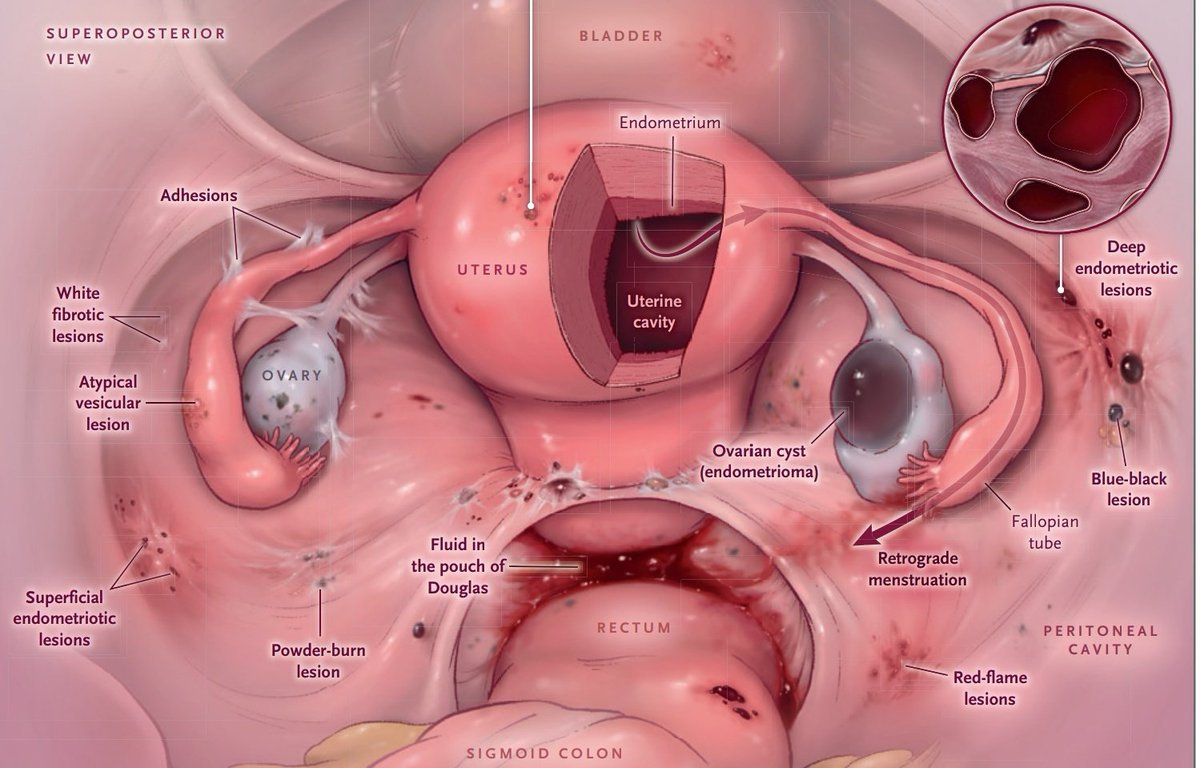 The shorter the time between pregnancies, the higher your risk for premature birth.
The shorter the time between pregnancies, the higher your risk for premature birth. - Low birthweight. This is when your baby is born weighing less than 5 pounds, 8 ounces.
- Being small for gestational age (also called SGA). This means your baby is smaller than normal based on the number of weeks you’ve been pregnant.
Babies born with these health conditions are at higher risk of having long-term health problems or even death.
What can you do to help you get the right amount of time between pregnancies?
Here’s what you can do:
- Wait at least 18 months after having a baby before getting pregnant again. Give your body this time to recover from your last pregnancy before you get pregnant again.
- Use effective birth control (also called contraception or family planning) until you’re ready to get pregnant again. Birth control helps keep you from getting pregnant.
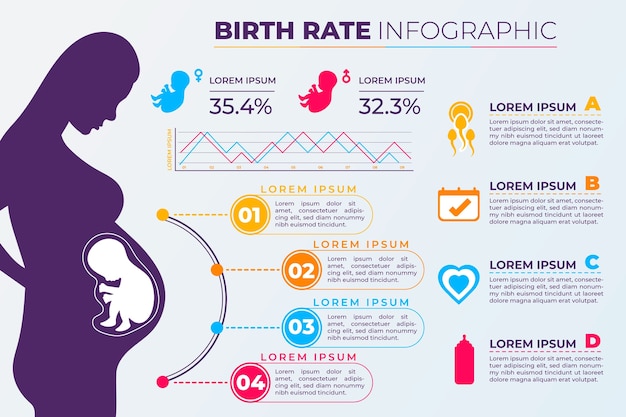 Examples of birth control include intrauterine devices (also called IUDs), implants, the pill and condoms. Other than abstinence (not having sex), IUDs and implants are the most effective kinds of birth control. They work well at preventing pregnancy because they’re low maintenance. This means that once you get them from your provider, they work for a long time (up to several years) and you don’t have to worry about or remember how or when to use them. Once you have an IUD or implant, you don’t have to worry about getting pregnant until you have it removed. Talk to your provider to see if an IUD or implant is right for you.
Examples of birth control include intrauterine devices (also called IUDs), implants, the pill and condoms. Other than abstinence (not having sex), IUDs and implants are the most effective kinds of birth control. They work well at preventing pregnancy because they’re low maintenance. This means that once you get them from your provider, they work for a long time (up to several years) and you don’t have to worry about or remember how or when to use them. Once you have an IUD or implant, you don’t have to worry about getting pregnant until you have it removed. Talk to your provider to see if an IUD or implant is right for you. - If you’re pregnant, talk to your provider before you give birth about getting an IUD or implant right after you have your baby. If you don’t get an IUD or implant right after giving birth, talk to your provider about getting one at your postpartum checkup. This is a medical checkup you get about 6 weeks after you have your baby.
- If you’re older than 35 or have had a miscarriage or stillbirth, talk to your provider about how long to wait between pregnancies.
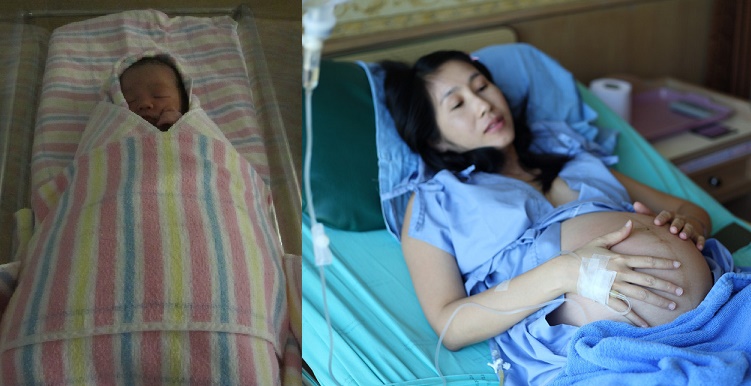 Waiting 18 months may not be right for you. A miscarriage is when a baby dies in the womb before 20 weeks of pregnancy. A stillbirth is when a baby dies in the womb after 20 weeks of pregnancy.
Waiting 18 months may not be right for you. A miscarriage is when a baby dies in the womb before 20 weeks of pregnancy. A stillbirth is when a baby dies in the womb after 20 weeks of pregnancy.
How does getting pregnant again too soon increase your chances for premature birth?
Experts don’t know for sure why getting pregnant again too soon increases your chances of premature birth and other health problems for your baby. It may be because your body needs time to:
- Build up its supply of nutrients, like folic acid. Nutrients, like vitamins and minerals, help your body stay strong and healthy. If your body doesn’t have enough nutrients and you get pregnant again too soon, it may cause health problems for you or your baby. For example, during pregnancy and breastfeeding, your baby gets nutrients from your body. After having a baby, your body may not have enough of certain nutrients, like folic acid.
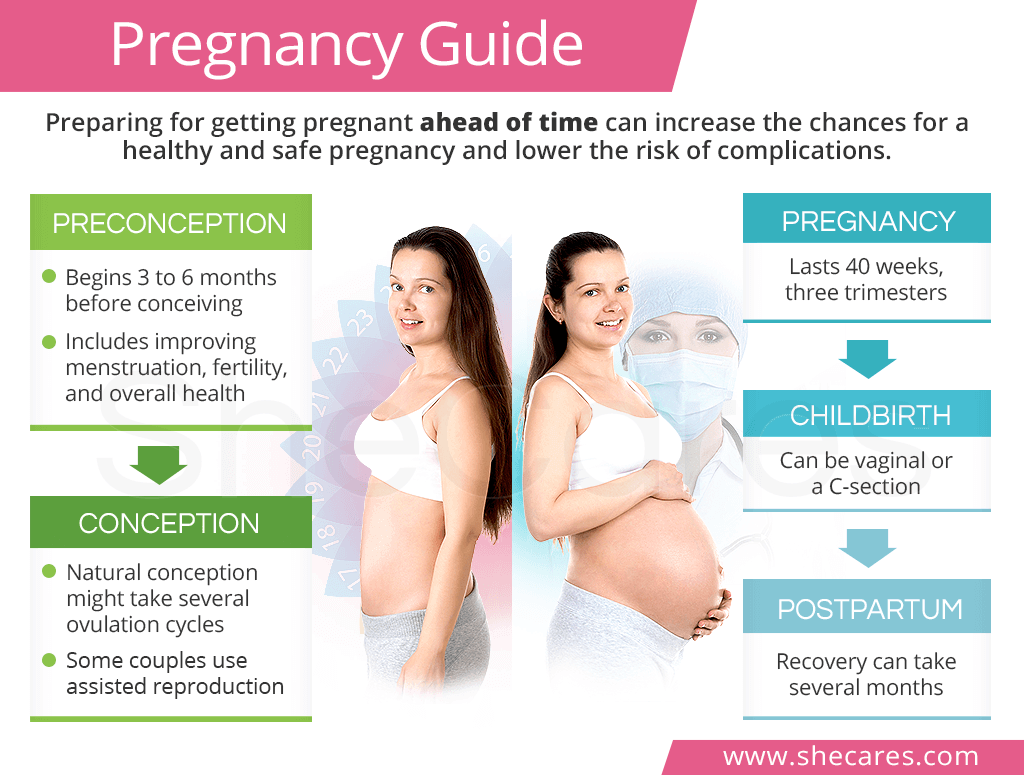 Folic acid is a vitamin that every cell in your body needs for normal growth and development. If you take it before you get pregnant, it can help reduce your baby’s chances of having birth defects of the brain and spine called neural tube defects (also called NTDs). If you get pregnant again too soon and your folic acid levels are low, your next baby is more likely to be born prematurely, with low birthweight or with NTDs.
Folic acid is a vitamin that every cell in your body needs for normal growth and development. If you take it before you get pregnant, it can help reduce your baby’s chances of having birth defects of the brain and spine called neural tube defects (also called NTDs). If you get pregnant again too soon and your folic acid levels are low, your next baby is more likely to be born prematurely, with low birthweight or with NTDs. - Heal from infection and inflammation. Infection during pregnancy can lead to inflammation (redness and swelling) in parts of your body, like the uterus (womb). If you have a condition like endometritis (inflammation of the lining of the uterus) during pregnancy and get pregnant again before your body has fully healed, you may have the condition again in your next pregnancy. Inflammation may play a role in preterm premature rupture of membranes (also called PPROM). PPROM is when the sac (bag of waters) around the baby breaks before 37 weeks pregnancy, causing labor to start.
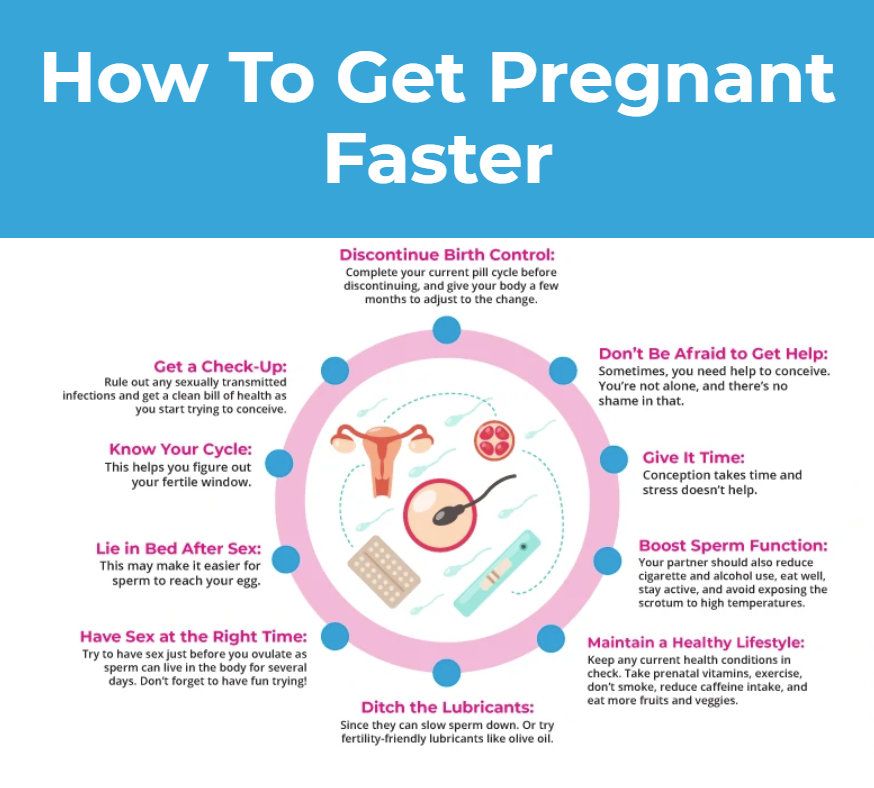 PPROM can cause premature birth.
PPROM can cause premature birth. - Reset the microbiome of the vagina (birth canal). The microbiome is a group of microorganisms. Microorganisms (like bacteria) are living things that are so small you need a microscope to see them. Some experts think the microbiome in a woman’s vagina (called the vaginal microbiome) may play a role in premature birth. For example, having an infection called bacterial vaginosis affects the vaginal microbiome and can increase your chances of having a premature baby. Also, the vaginal microbiome of women who had a premature baby may be different than that of women who had a baby after 37 weeks of pregnancy. And it may take time—even a year—for the vaginal microbiome to go back to how it was before pregnancy. So getting pregnant again too soon may cause problems in your next pregnancy, like premature birth. The March of Dimes supports research to learn more about the vaginal microbiome and premature birth.
More information
• Centers for Disease Control and Prevention (CDC)
• Show Your Love Preconception Health
Download our English and Spanish health action sheets on birth spacing.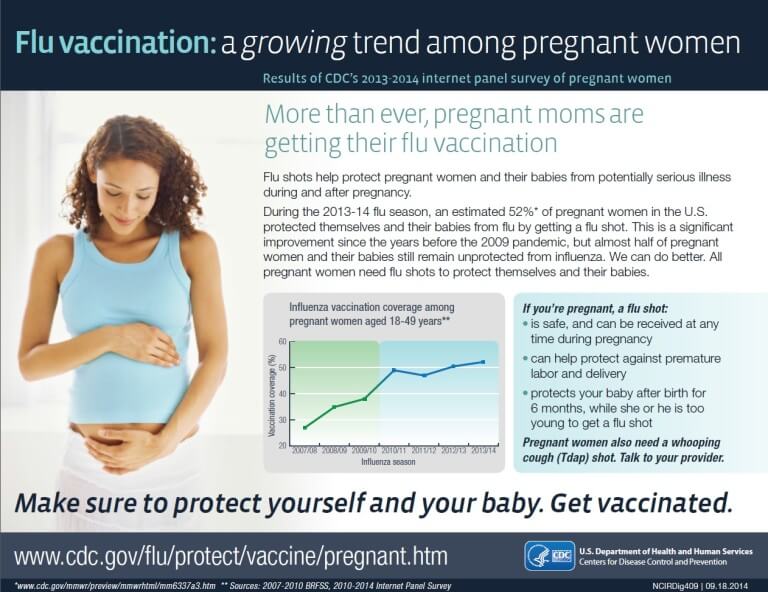
Last reviewed: July, 2017
Fertility of a woman after childbirth
You probably noticed that there are families in which children are born one after another. Such children are called "weather". Often this is due to the fact that women, after childbirth, do not think much about contraception, in the hope that breastfeeding will serve as a natural contraceptive for them. Consider how a woman's fertility is restored after childbirth and when it is better to plan the next pregnancy.
How long does recovery take
There is no definite answer to this question. But, on average, everything takes up to 2-2.5 months (remember that each organism is individual). An exception is the hormonal background and the mammary glands, which perform their function throughout the entire period of lactation.
What changes after childbirth
A woman's body adapts after 9 months of pregnancy in order to bear a fetus.
Uterus
This small but powerful organ bears a colossal burden.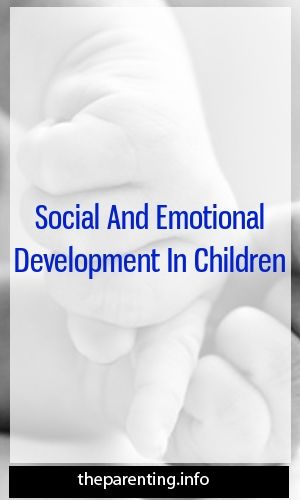 At the beginning, before pregnancy, her weight is about 50 grams. Immediately after birth, the uterus weighs about 1.5 kg and has a spherical shape. After 6 weeks, her weight returns to the 50-70 gr mark. and it takes on its original pear shape.
At the beginning, before pregnancy, her weight is about 50 grams. Immediately after birth, the uterus weighs about 1.5 kg and has a spherical shape. After 6 weeks, her weight returns to the 50-70 gr mark. and it takes on its original pear shape.
But that's not all. After separation of the placenta on the mucous surface of the uterus (endometrium), roughly speaking, the wound surface remains, which bleeds for some time. And although experts say that fertilization can occur two weeks after birth, re-pregnancy is unlikely to occur.
Cervix
Recovers even more slowly. Up to 13 weeks. The shape of its external pharynx changes from round to oblong. It has no functional load, and only a doctor can see it.
Birth canal injuries
Various small tears heal very quickly (if any). Another thing is if there was a perineal incision. In some women, it heals fairly quickly, others may suffer for several weeks.
Caesarean section
Such a complex and dangerous intervention in the body of a pregnant woman is performed only for acute indications.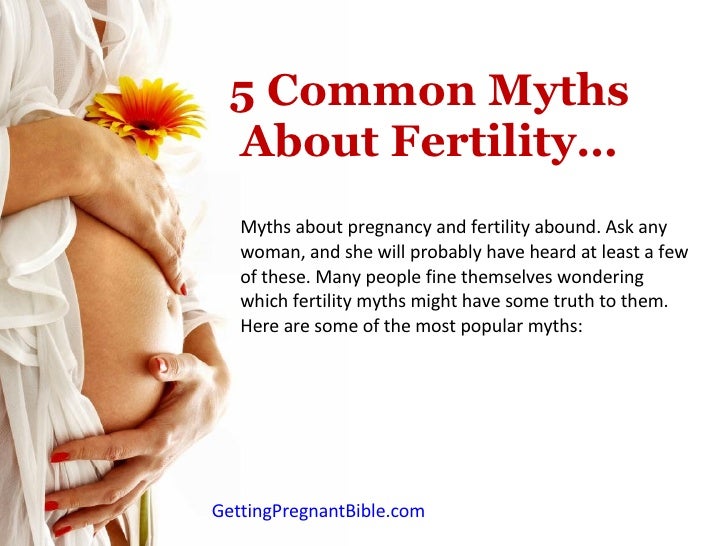 Naturally, the way out of the postoperative state in such women is somewhat different from ordinary women in labor. At least the fact that they have a scar. On the uterus and anterior abdominal wall. Therefore, such women should not think about subsequent pregnancy earlier than in 2-3 years, when the scar on the uterus is finally formed.
Naturally, the way out of the postoperative state in such women is somewhat different from ordinary women in labor. At least the fact that they have a scar. On the uterus and anterior abdominal wall. Therefore, such women should not think about subsequent pregnancy earlier than in 2-3 years, when the scar on the uterus is finally formed.
Ovulation
A woman's menstrual cycle is restored within 1.5-2 months after childbirth. But this happens if she does not breastfeed the baby. The timing of the resumption of ovulation and fertility, like many things in the body, is very individual, even in the same woman.
It's all about hormones: prolactin and oxytocin. The pituitary gland of a pregnant woman begins to produce prolactin to provide the baby with milk after birth, and it also inhibits ovulation. Immediately after the baby leaves the mother's womb, she has milk, and the very first attachment of the baby to the breast stimulates the production of oxytocin, which contracts the uterus and continues until the woman breastfeeds the baby regularly.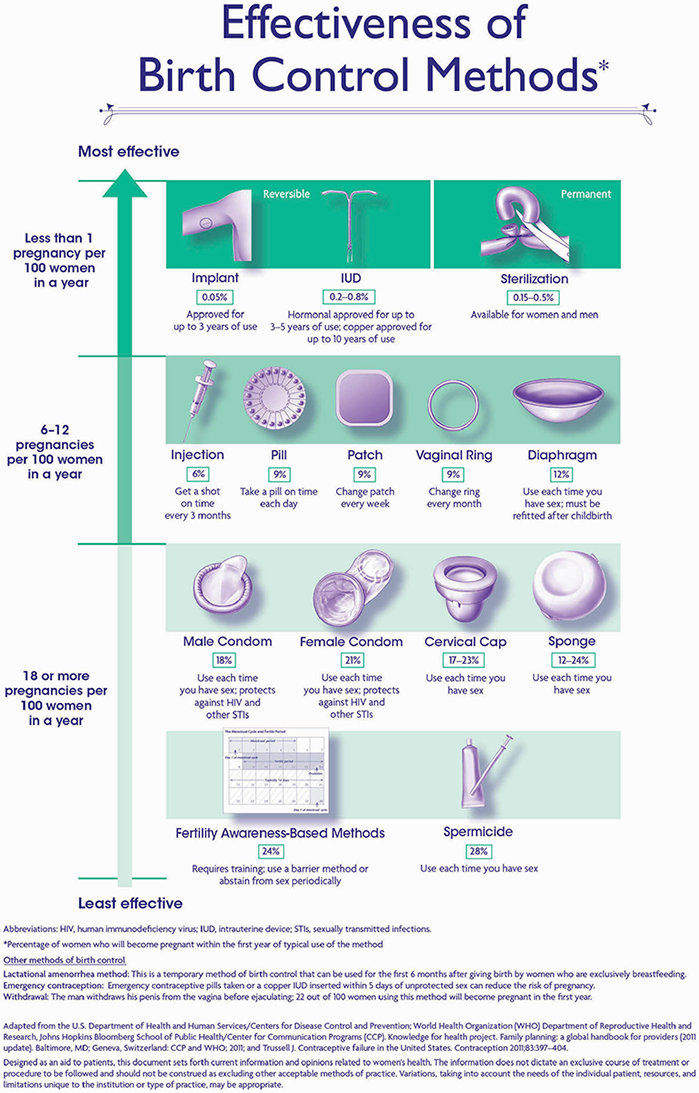 In medicine, this concept is called "lactational amenorrhea."
In medicine, this concept is called "lactational amenorrhea."
As for the next pregnancy, there is no definite number. Everything happens when you yourself plan (or do not plan). Experts also recommend giving the body a rest for a year or two, and then again planning a pregnancy. However, as practice shows, the woman's body itself determines whether her fertility has been restored and whether she will be able to bear and give birth to a child again.
Tags:
childbirth, pregnancy, women Health, fertility, female fertility,
Scientists have learned how many years women age after childbirth
Childbirth can cause accelerated aging of women, scientists warn. They found that women who have given birth have shortened telomeres, parts of chromosomes that shorten as they age. And the more children a woman had, the more pronounced was the effect.
In addition to hemorrhoids, varicose veins, back pain, urinary incontinence, postpartum depression and other consequences of childbirth, one more thing has been added - accelerated aging.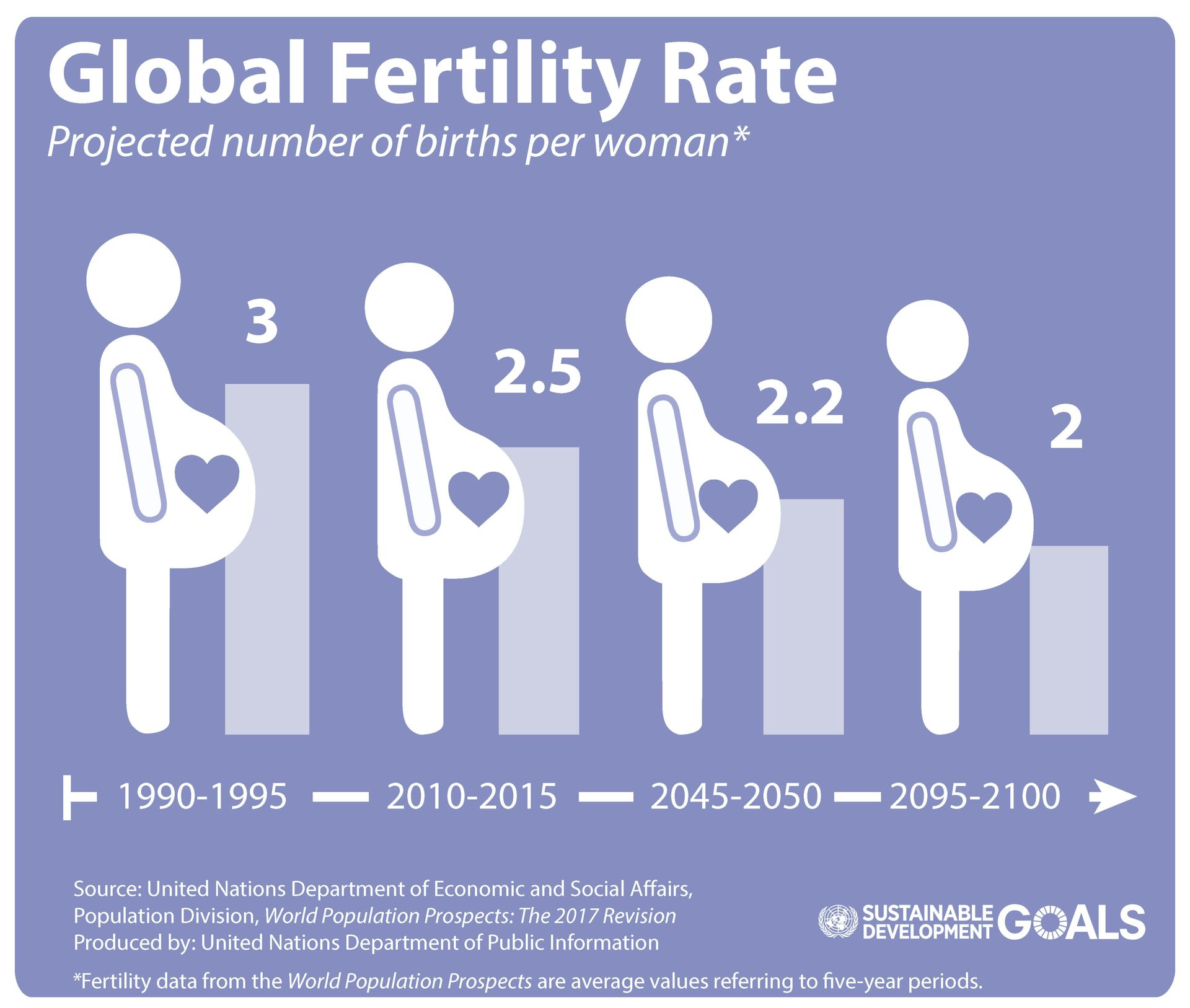 Researchers at George Mason University in the US have found that women who give birth shorten their telomeres, the ends of chromosomes that protect DNA and shorten as the body ages. The results of the work were published in the journal Human Reproduction .
Researchers at George Mason University in the US have found that women who give birth shorten their telomeres, the ends of chromosomes that protect DNA and shorten as the body ages. The results of the work were published in the journal Human Reproduction .
The study involved 1954 women, approximately equally divided into age groups: 20-24 years old, 25-29 years old, 30-34 years old, 35-39 years old and 40-44 years old. 37.6% were of normal weight, 27.9% were overweight, 31.3% were obese, and 3.3% were underweight. More than half never smoked, the rest either smoked at the time of the study or had quit. 444 women never gave birth, the rest had from one to five children. 377 women were pregnant at the time of the study.
Compared to nulliparous women, those who had at least one child had at least 4.2% shorter telomeres -
this is equal to about 11 years of cellular aging (i.e. loss of cell division ability) or , according to researchers, three years of biological aging.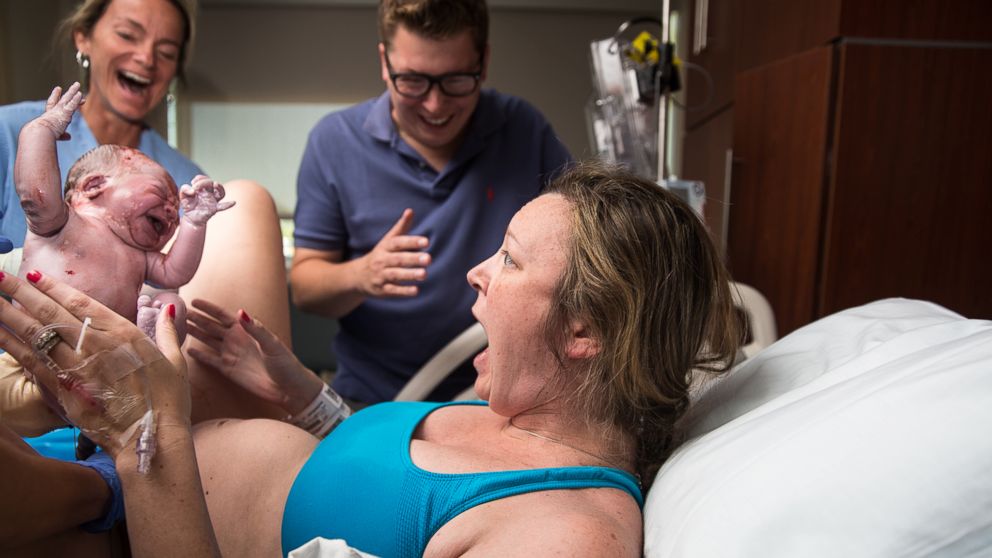
Short telomeres are associated with an increased risk of cancer, heart disease, and dementia.
Childbirth affected telomere length more than smoking or obesity, which accelerated cellular aging by 4.6 and 8.8 years, respectively. The more children a woman gave birth to, the more her telomeres shortened accordingly. So, in women with five children, they were 12.7% shorter than in nulliparous women.
“We found that women who had five or more children had shorter telomeres than those who did not or had one, two, three, even four children,” said epidemiologist Anna Pollak, author of the study.
Researchers note that the shortening of telomeres due to childbirth can be caused by many factors. So, for example, stress can play a significant role - it was previously found that it also contributes to a reduction in the length of telomeres.
“We do not urge not to have children,” emphasize the authors of the work.
They also avoid talking about any causal relationship between the number of births and telomere length - perhaps women with inherently shorter telomeres are simply able to give birth to fewer children.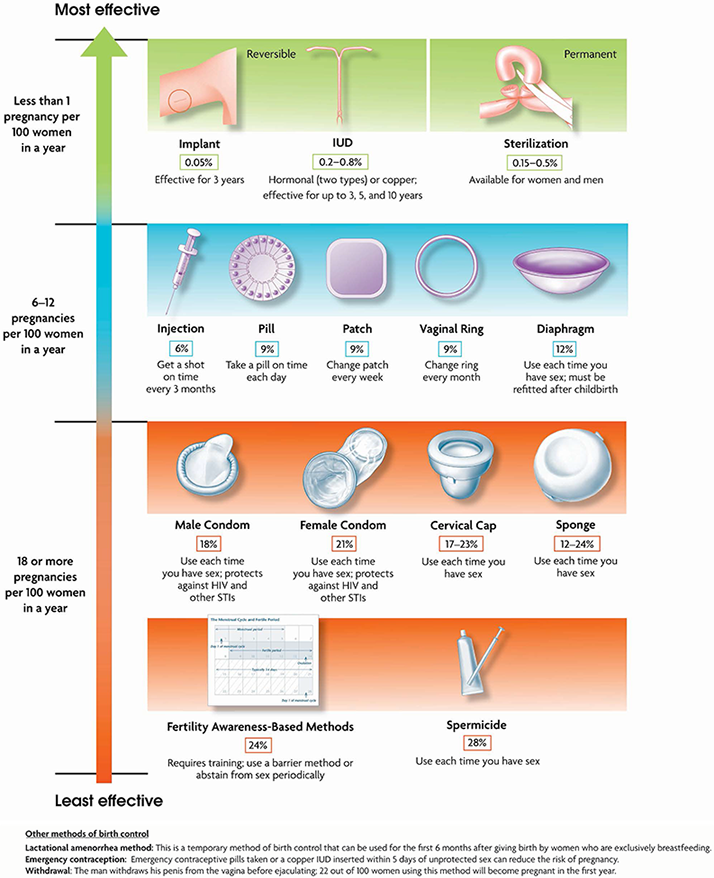 Scientists note that further studies of this phenomenon should take into account the change in telomere length over a certain period.
Scientists note that further studies of this phenomenon should take into account the change in telomere length over a certain period.
“Even discussing children with friends, we note that children age us,” says Pollack. And this is backed up by science. We know that having children is associated with an increased risk of heart disease and diabetes. And many large studies have linked telomere length to the risk of other serious diseases or death.”
It is possible that the shortening of telomeres is really caused by stress - Gazeta.Ru previously wrote that new mothers spend twice as much time as fathers in caring for child and doing household chores, even if both partners work. For three months after giving birth, 52 couples kept a diary, where they noted what time and what they did.
On weekdays, women took care of the house and children only slightly more than men, but on weekends the difference doubled.
Research also confirms the popular belief that cognitive decline occurs during pregnancy.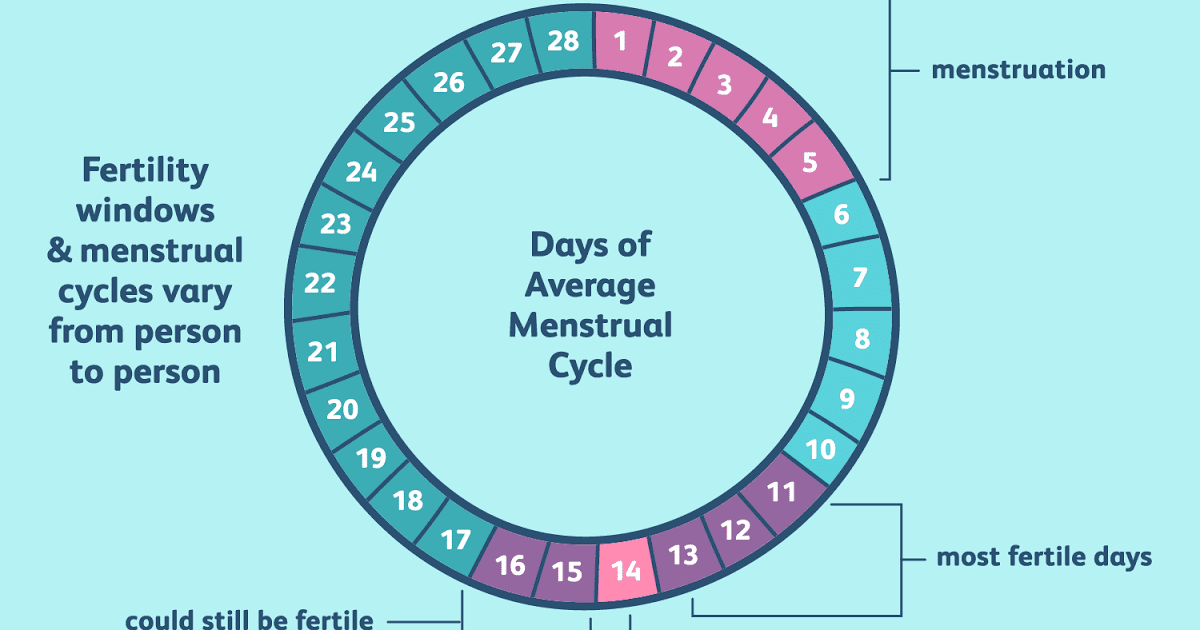 Symptoms include forgetfulness, loss of concentration and quick thinking. Memory deterioration during pregnancy is familiar to four out of five women: they note absent-mindedness that has appeared - they cannot remember where they put this or that thing or during any activity they forget what they were doing, they often lose the thread of the conversation, it is more difficult for them to concentrate and, in order to to stay organized, they have to take notes. Some find it difficult to even concentrate on reading.
Symptoms include forgetfulness, loss of concentration and quick thinking. Memory deterioration during pregnancy is familiar to four out of five women: they note absent-mindedness that has appeared - they cannot remember where they put this or that thing or during any activity they forget what they were doing, they often lose the thread of the conversation, it is more difficult for them to concentrate and, in order to to stay organized, they have to take notes. Some find it difficult to even concentrate on reading.
A meta-analysis of 20 studies on this phenomenon showed that in pregnant women cognitive functions were significantly worse than in non-pregnant women.
Memory suffers throughout pregnancy, and in the third trimester problems with executive functions are connected - the ability to plan actions and selectively respond to external stimuli.
However, according to scientists, the changes are within the normal range. “We are not talking about deterioration that can seriously prevent pregnant women from doing their daily activities or working.